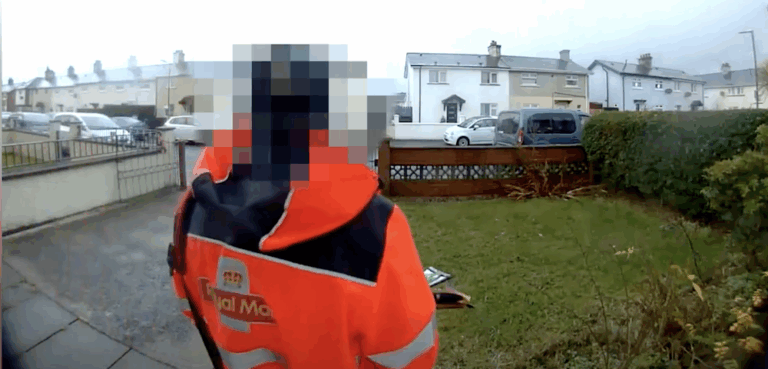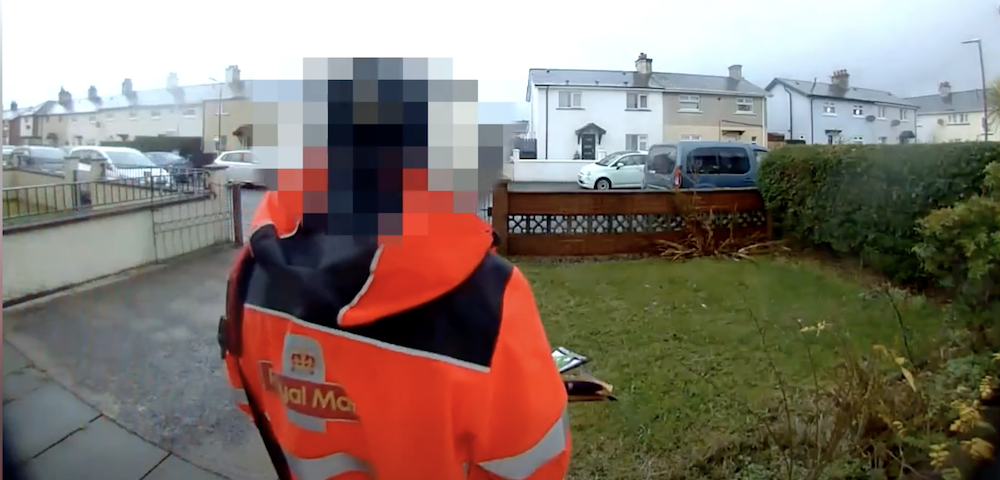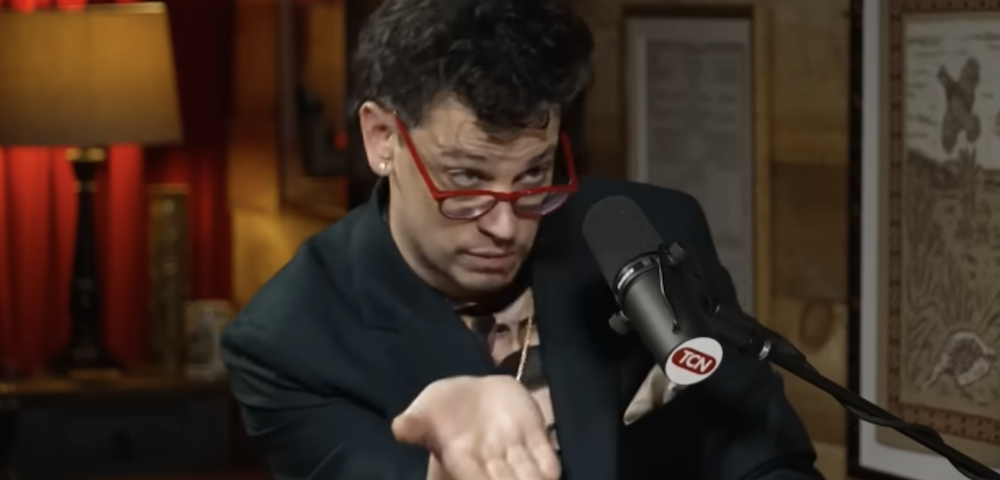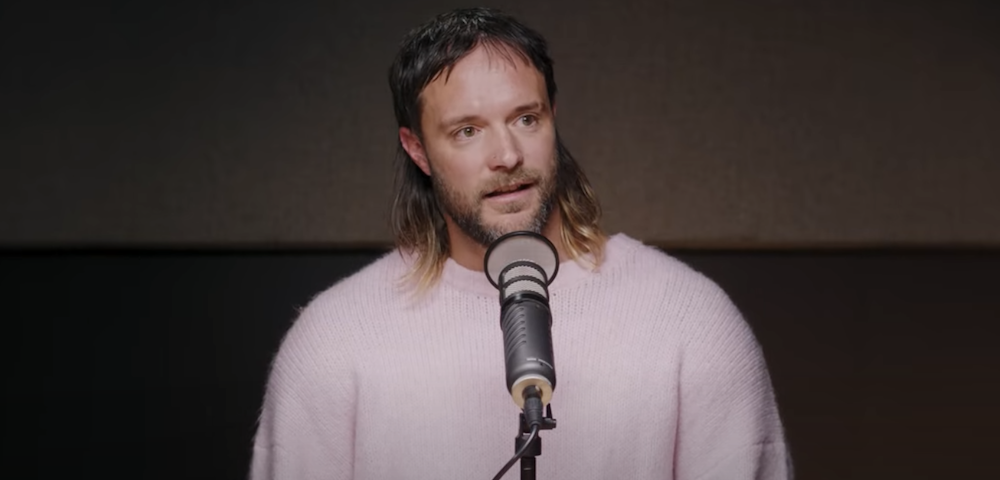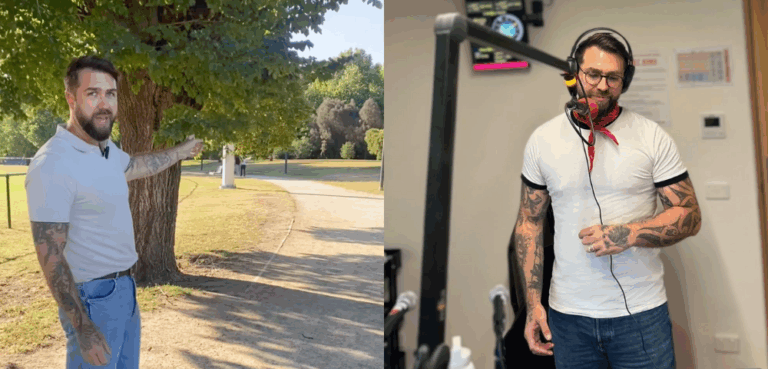
Director finds resonance in gay men’s small-town isolation
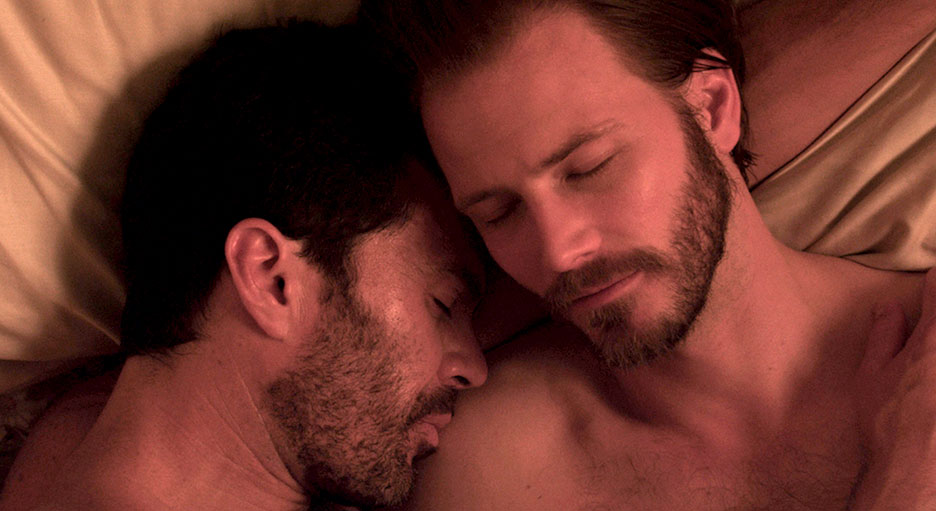
IN his feature film Pit Stop, director and co-writer Yen Tan brings to life in intimate detail a decade-long fascination with the lives of gay men living in the small towns of rural America, a setting far removed from his own upbringing.
“I grew up in Kuala Lumpur and Penang, and I’ve never lived in smaller towns before. It’s the idea of being gay in a small rural town that I found very fascinating. I was interested in knowing the reasons and the circumstances surrounding gay people who live in small towns,” Tan told the Star Observer.
The filmmaker lived in Malaysia until he was 19, when he immigrated to the US and lived in Texas. Showing as part of the Melbourne Queer Film Festival, Pit Stop is the third feature film Tan has directed solo.
The film is about two gay men living in a small town in Texas, each grappling with loneliness. Gabe seeks comfort in his relationship with his ex-wife and daughter, while Ernesto spends time with his hospital-bound former lover to escape his live-in ex-boyfriend. Through their shared emotional isolation, the two men begin to build a relationship.
While critics have praised the way Pit Stop captures life in a small Texas town, Tan argued the isolation embodied in the setting could be read as a parallel to the sense of being an “outsider” experienced by many gay men.
“It’s very similar. I consider myself a ‘double outsider’ in the US, since I’m both gay and an immigrant, but this enables me to be more empathetic with other outsiders,” Tan argued.
In researching the film, Tan spent time connecting with gay men living in these communities, finding common threads running through their experiences: current and former marriages, children, living in the closet partially or completely.
Despite the stereotypes of homophobia in small towns, Tan said he was surprised to find in the interviews he conducted there was not as much open hostility as he expected.
“Small-town homophobia wasn’t as overt as I thought. I found from my interviews that there’s a general sense of ‘live-and-let-live’ in their communities. People are generally tolerant as long as you don’t throw it in their faces,” Tan said.
“I’m sure some towns are more homophobic than others, but it wasn’t something I really wanted to get into with the film. It’s almost a cliche to explore that. The internalised homophobia on the other hand was far more interesting to me. That’s the way I approached the Gabe character in the film; he’s out very selectively, but he’s also paranoid when too many people know about it.”
Tan said coming to understand and explore the experiences of the gay men who live in these towns called into question the frequent assumption people are “trapped” there. He said the men he spoke to genuinely enjoy living in these places.
“They’re drawn to its pace, or they want to be close to their families. They all have their reasons. It’s a mistake to assume that you have to move to a big city if you want to be gay and happy,” Tan said.
The filmmaker was excited to learn the first session of Pit Stop in MQFF had sold out, demonstrating the story is relevant even to audiences on the other side of the world. Tan argued we can find resonance in the stories of people who at first seem completely unlike ourselves.
“My intent was to make a film about people I didn’t completely identify with at first, but could dig deeper into their experiences to find something I can relate to,” he said.
The second and final screening of Pit Stop during MQFF is on Sunday, March 23 at 6pm. Visit www.mqff.com.au for more information and to book tickets.
